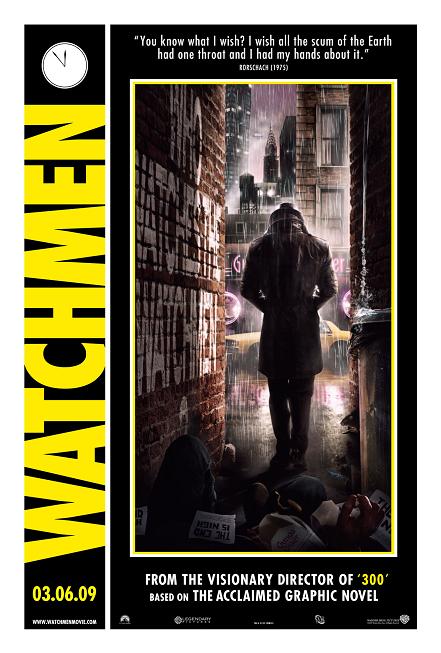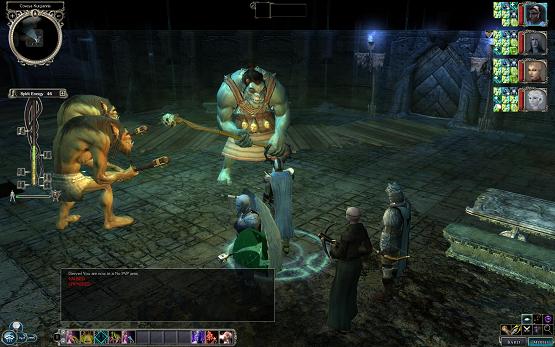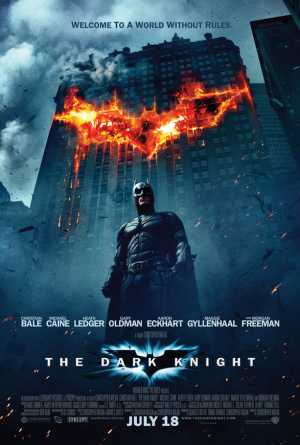
Not too long ago, I had a conversation with my wife about how infuriating I find young girls posing for photos by opening their eyes wide, pouting their lips, tilting their heads at an angle and flashing the V-sign with their fingers. I find them so repulsive and ridiculous that I assiduously avoid sites like Myspace and Facebook which seem to be infected by them.
Well, guess what, now they’ll get to be even more infuriating thanks to the ever-inventive Japanese. Someone had the bright idea of making extra-wide contact lenses, so that girls can now have the huge, insect-like eyes of anime characters. Can someone please tell these girls already that no, all this does not make them look cute and attractive?


